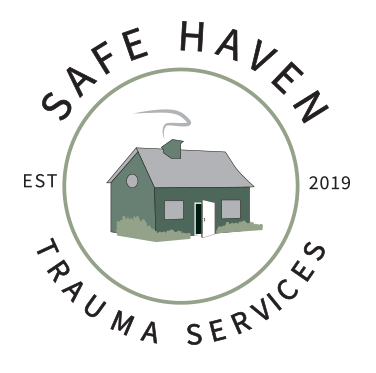How to Support a Loved One Who is Struggling with Addiction
Having a loved one struggling with addiction is heartbreaking and confusing. You may find yourself engaging in behaviors that you normally would never dream of just to cope with their struggle. You may begin to use substances in increasing amounts to “keep up with” the other person. You may find yourself shutting them out completely out of resentment for putting you through years of hardships. No matter the case, loving someone actively abusing substances and engaging in addictive behaviors is challenging. You love the person but the addiction can make them unrecognizable. This is a hard place to be, but there are people who can help.
Some of these ideas may seem counterintuitive to what others tell you. My suggestions are merely that, and you can choose to do with them what you will.
Show your loved one support. Addiction grows in isolation—to shun the person for their addiction will only make it worse. Imagine yourself in a position of desperation, illness, and despair. You would want someone there to love and support you through it, right? As difficult as it may be, remember your loved one is not engaging in these behaviors purposefully. They need your support and compassion.
Love them through the hardship, but: recognize the difference between support and enabling behaviors.
Express concern and do not expect to change them. Change will not happen if your loved one is doing it for you. Your loved one will not remain sober if they feel forced to or are doing it for anyone but themselves. You can certainly express your concerns, but be aware of your own intentions behind your communication. This is for your sake as well as theirs. You do not want to hold resentments because you are expecting someone to change for you. They need to do it for themselves.
Remember that their addiction is not your fault, nor are they engaging in addictive behaviors because you are not enough. Often people will think, “If they loved me enough, they would stop.” These statements are harmful and, if shared with your loved one, could push them to abuse substances more heavily. Your loved one’s continued addiction is, quite frankly, not about you. You are not responsible for their use, but you can support them through their journey.
Set personal limits. This will look different for everyone, but learning how to care for yourself while supporting your loved one is crucial. You cannot save someone struggling in the racing rapids by also jumping in and drowning. You have to find ways to care for yourself, remain at peace, and help them in a constructive manner.
Educate yourself. Learn about addiction and the different theories behind your loved one’s behaviors. Learn about the best treatments and ways in which you can best help your loved one find treatment resources when they are ready to take the next steps.
Find support. Just as you are not responsible for your loved one’s addiction, you are not solely responsible for managing it. Do not unnecessarily overwhelm yourself by attempting to face your situation without support. This could be family, support groups, personal therapy, or friends. Find people to connect with who can help support you while you are supporting your loved one. You deserve support and compassion, as well!
Do not stigmatize or shame them. Be aware of your own biases (we all have them) about addiction. Explore what your loved one’s behavior brings up in you and find ways to process these thoughts and feelings. There is a great deal of stigma attached to addictions and your loved one probably thinks these things about themselves. Fight the stigma, speak about your loved one with words of compassion and understanding.
Recognize that addiction is not a choice. No one would choose to put themselves through what your loved one is going through. Often, addictive behaviors are signs that your loved one was resilient. They found a way to survive all these years. Their addiction may not serve them currently, but it certainly did in the past. Their addiction could have served multiple purposes. For example: their substance use could help them forget trauma, survive a currently abusive situation, escape a world that has been unkind to them, or it could serve as a way to connect with others. They learned over time to lean on substances for support and they will eventually learn, with the help of you and hopefully many others, that they can lean on other humans for support. Drug abuse does not thrive in the dark. If you are curious about this theory, read into Bruce Alexander’s Rat Park experiment. Try taking a curious approach and exploring what lies behind your loved one’s behaviors. It will not only show them that you care, but it will allow you to let go of the blame or resentment that has potentially built up.
If you or someone you know is struggling with addiction, here are some resources that could help:
Acadia Health
The Ranch
Bridge to Recovery
Nashville Recovery Center
Summit Behavioral Health
Cumberland Heights
Recovery Unplugged

